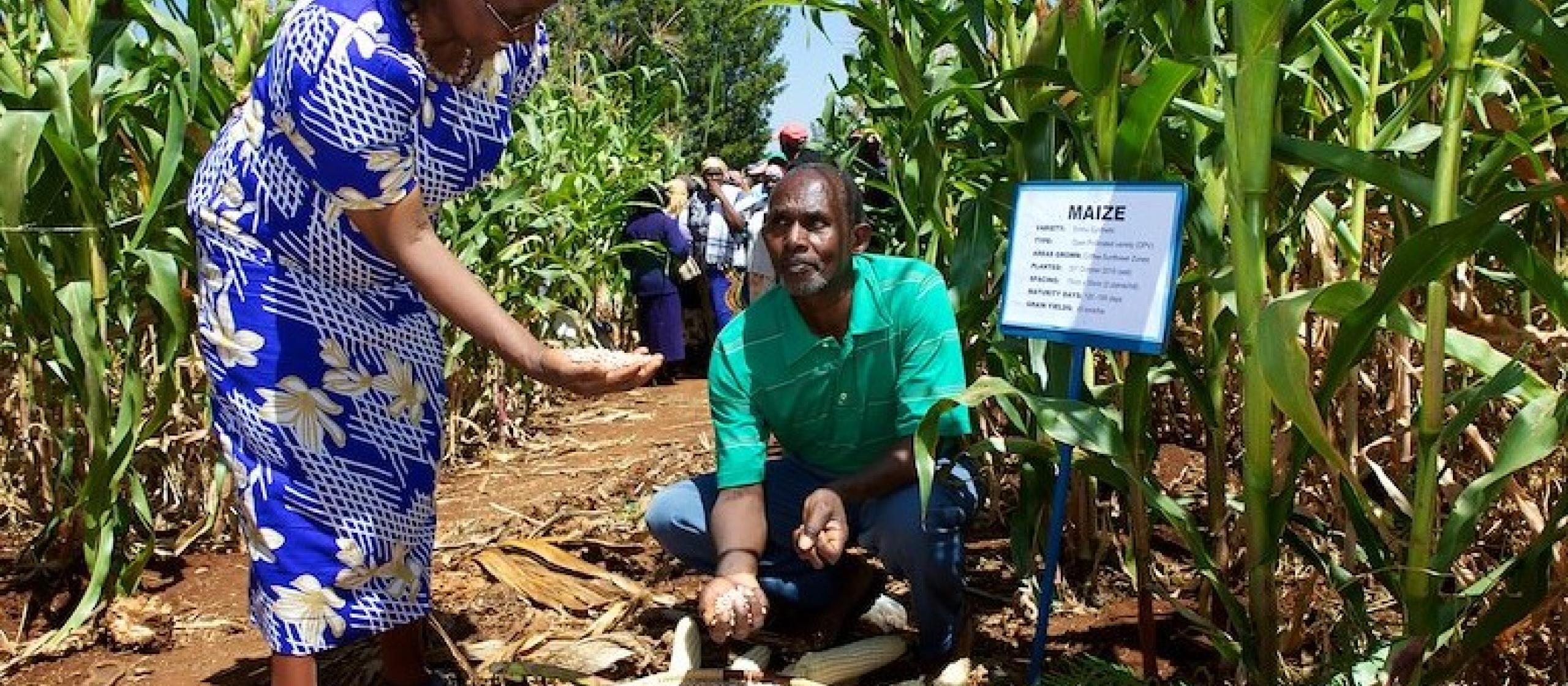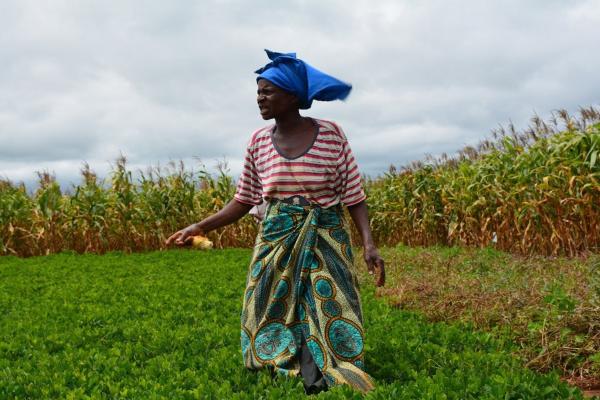- HomeHome
-
About ACIAR
- Our work
- Our people
-
Corporate information
- ACIAR Audit Committee
- Commission for International Agricultural Research
- Policy Advisory Council
- Agency reviews
- Executive remuneration disclosure
- Freedom of information (FOI)
- Gifts and benefits register
- Information publication scheme
- List of new agency files
- Contracts
- Legal services expenditure
- Privacy impact assessment register
- Commonwealth Child Safe Framework
- Benefits to Australia
- Careers
- 40 years of ACIAR
-
What we do
- Programs
- Cross-cutting areas
- Resources
- Where we work
-
Funding
- Research projects
- Fellowships
-
Scholarships
- John Allwright FellowshipScholarships to study in Australia for ACIAR partner country scientists to have Australian postgraduate qualifications
- ACIAR Pacific Agriculture Scholarships and Support and Climate Resilience Program
- Alumni Research Support Facility
- Publications
- News and Outreach
Date released
07 June 2018
Climate variability significantly affects cropping productivity around the world, but perhaps nowhere more so than in eastern and southern African countries. Compounding this, low agricultural productivity and research capacity have historically led to chronic food insecurity.
Responding to this critical situation, ACIAR’s work over the past eight years in the region has made impressive progress on food availability and nutrition.
ACIAR supports the Sustainable Intensification of Maize-Legume Cropping Systems for Food Security in Eastern and Southern Africa (SIMLESA) program that is turning around the livelihoods of farmers faced with the stress of poor seasons. Originally launched in 2010 and now in its second phase, the $18.6 million (AUD) ACIAR-funded program aims to sustainably increase the productivity of selected maize-based smallholder farming systems in each target country by 30% by 2023, reaching at least 650,000 farming households.
The intensification and stabilisation of rainfed maize-legume cropping systems offer considerable promise for boosting productivity, improving food and nutrition security and helping reverse the decline in soil fertility. The SIMLESA program is supported by ACIAR and managed by the International Maize and Wheat Improvement Center (CIMMYT) in collaboration with the Association for Strengthening Agricultural Research in East and Central Africa (ASARECA) and the national agricultural research systems of Ethiopia, Kenya, Malawi, Mozambique and Tanzania. Additional partners include the International Center for Research for the Semi-Arid Tropics (ICRISAT), the Agricultural Research Council of South Africa (ARC RSA), the Department of Employment, Economic Development and Innovation, Queensland, and Murdoch University in Western Australia.
‘The focus on maize and legumes is because maize is a staple crop while legumes help improve soil fertility and are a source of protein and cash for the majority of the rural people,’ says Dr Mulugetta Mekuria, the SIMLESA project leader.
SUSTAINABLE INTENSIFICATION PRACTICES
By early 2017 over 235,000 small farming households had adopted conservation agriculture techniques. Improved agriculture practices such as weed control, the use of herbicides, increasing the range of maize and legume varieties available to farmers, rehabilitating soils, improving value chains and scaling out proven technologies are all having a positive impact on crop diversity, resilience and production.
The five core beneficiary countries are Ethiopia, Kenya, Tanzania, Malawi and Mozambique, as well as three spill-over countries, Botswana, Uganda and Rwanda.
Smallholder access to high-quality seeds of good varieties is central to intensifying maize-legume farming. Once maize and legumes varieties were identified, both the formal and informal seed systems were used to distribute improved seed to farmers. Most of the maize varieties were distributed through the formal seed system, whereas the legume varieties were distributed through the informal system. A total of 26 seed roadmaps have been developed so far, and 33 best-bet varieties identified. More than 42 seed companies are involved in scaling up identified products, most seed companies being small to medium enterprises.
INCREASING FINANCIAL CAPACITY
One of the major impediments to smallholder commercial-oriented farming is lack of access to reliable and lucrative markets. Smallholder farmers also face challenges of gaining access to credit, improved technology and information on good agricultural practices. SIMLESA is linking smallholder farmers to rural financing services, for example to enable farmers to obtain loans for their businesses.
Conservation agriculture systems that have introduced new drought-tolerant maize varieties and cropping techniques such as mulching, intercropping and crop rotations have helped smallholder farmers in Malawi to better cope with dry seasons from prolonged El Niño events. In Embu, eastern Kenya, the average yield of maize in SIMLESA research trials is over seven tonnes per hectare (t/ha) compared with less than 1.8 t/ha from conventional farming. Average yield from bean trials with good agricultural practices is showing 1.2 t/ha versus 0.45 t/ha from previous estimates.
The program is consolidating cropping trials and training farmers. ‘While taking stock of our achievements, we are aware that there are still major challenges to overcome. We now seek to extend our impact by learning from past and current work, case studies and trying new ideas, technologies and approaches. To achieve our targets we will continue to enhance scaling out of SIMLESA practices and develop and promote climate smart and resilient practices. All these require a sustained resource commitment by African governments and donors. Moreover, stronger collaboration between the program partners—National Agricultural Research Systems, non-government organisations, scientists from international and regional institutions, universities, the private sector and smallholder farmers—is critical to work together for a common goal,’ says Mulugetta.
Read the final report for the SIMLESA project on the ACIAR website.




